The Essential Guide series brings together the best recent coverage from New Scientist specially curated into beautiful compendiums about the most exciting themes in science and technology today. Written and edited by some of the world’s best science writers, these guides will leave you with everything you need to know about subjects from nutrition to the solar system and more.
NEW SCIENTIST ESSENTIAL GUIDE AGEING
New Scientist - The Essential Guides
WHY AND HOW WE AGE
THE AGEING PROCESS • As soon as we are conceived, the process of ageing begins. Its effects won’t show for many years, but the underlying changes are there from the start. So what is ageing and why does it happen?
HOW LONG CAN A HUMAN LIVE? • The world record is 122 years and 164 days, which some researchers say is the upper limit of a natural human life expectancy. But others beg to differ.
THE MAIN CAUSE OF AGEING? • The effects of getting old have many causes, but some are more influential – and potentially malleable – than others.
IS SKIN AT THE FOREFRONT OF AGEING? • Age is often written in our faces, which are the most visible parts of our skin. But there may be more to this than cosmetic appearances.
THE GUT BUG CONNECTION • Humans are an ecosystem, with every human cell massively outnumbered by microbial ones in the gut, on the skin and in every orifice. They play an integral part in our biology including, perhaps surprisingly, the ageing process.
NEW SCIENTIST ESSENTIAL GUIDES DELIVERED DIRECT TO YOUR DOOR
THE DIFFERENT TYPES OF AGEING
YOUR TRUE AGE • The number of candles on our birthday cake is often a poor guide to how old we are on the inside.
THE TELOMERE CONUNDRUM • Telomeres are often described as an “ageing clock”, and there was once great hope that they held the key to ageing. But that hasn’t lived up to the hype.
IMMUNE AGE • The strength of the immune system is a key determinant of how well we age. It often tallies poorly with chronological age, with important consequences for individual health.
PSYCHOLOGICAL AGE • How old you feel has important ramifications for how old you actually are, and now there are ways to measure it.
THE OLDEST PARTS OF YOU • Not only do people age at different rates, they also age in different ways. So what is your “ageotype”?
THE DISEASES OF OLD AGE
THE BIG C • Cancer can strike at any age, but the older we get, the more likely it becomes.
DECLINING MINDS • Cases of dementia are on the rise as the ageing population grows, but we still don’t fully understand what causes it.
AMYLOID AND ALZHEIMER’S
CARDIOVASCULAR DISEASE • The heart and blood vessels are very prone to age-related illness, and the underlying causes are increasingly understood.
MIDDLE AGE
THE GOLDEN AGE • We are used to dismissing the entry into middle age as a cause for regret, gallows humour or even a crisis. But it needn’t be like that. Middle age isn’t just the first act of growing old, but a distinct and fascinating life stage in and of itself.
THE PRIME OF LIFE? • You might think we peak in our 20s or 30s before enduring a slow decline, but the next era of our lives brings new strengths. Here is how to make the most of them.
THE DREADED SPREAD • Gaining a few extra pound around the tummy is a hazard of middle age both for men and women. But it isn’t just about rich diets, beer and laziness.
THE CHANGE • The menopause affects half the population, and for those who experience physical and psychological stresses, it can make middle age a particularly difficult time.
DO MEN HAVE A MENOPAUSE?
MENOPAUSE AND THE BRAIN • Besides the physical symptoms of menopause, there are also mental ones, and they may be a prequel to...
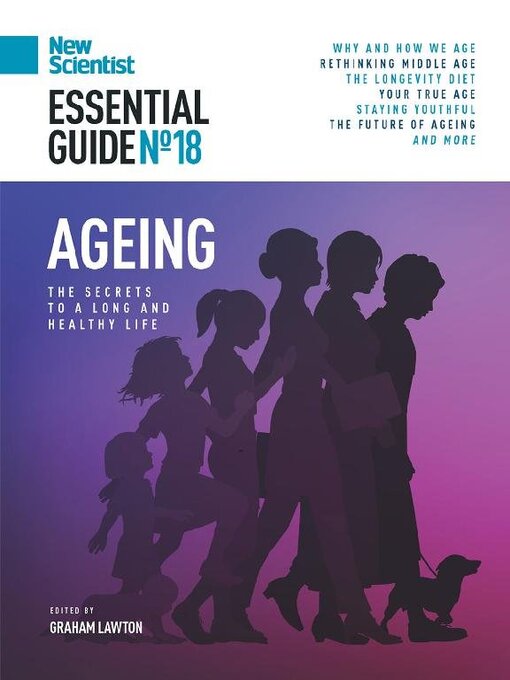
 EG25
EG25
 EG24
EG24
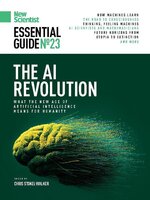 EG23
EG23
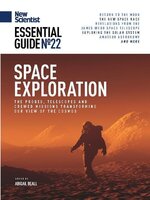 EG22
EG22
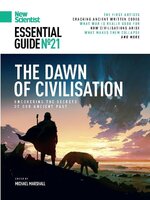 EG21
EG21
 EG20
EG20
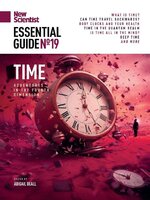 EG19
EG19
 EG18
EG18
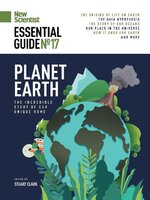 EG17
EG17
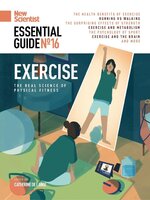 EG16
EG16
 EG15
EG15
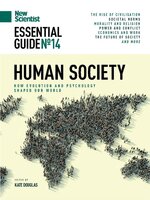 EG14
EG14